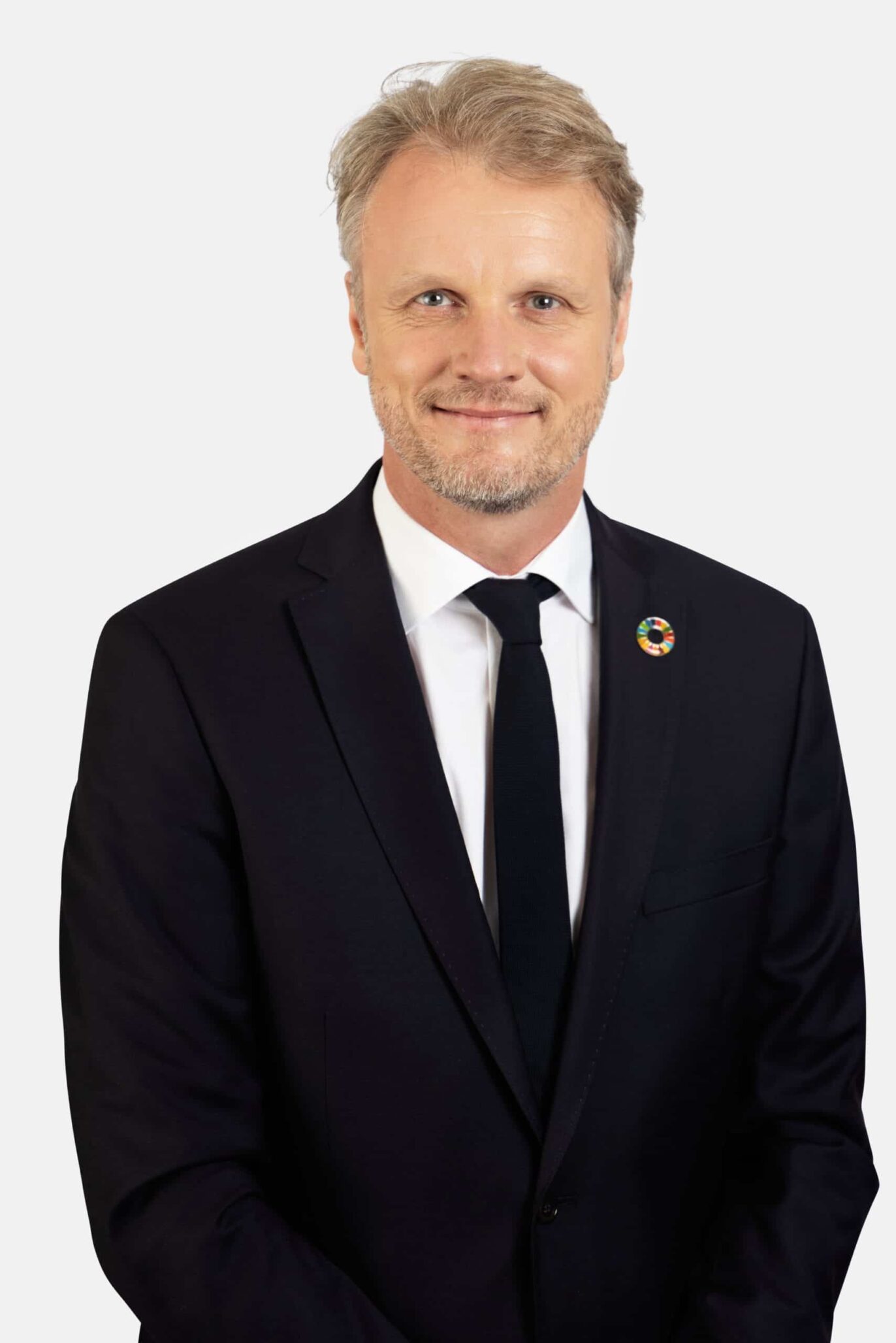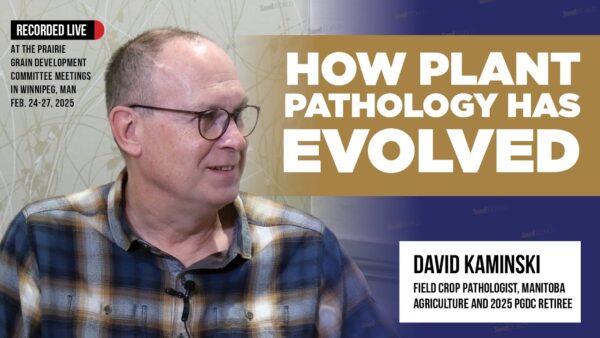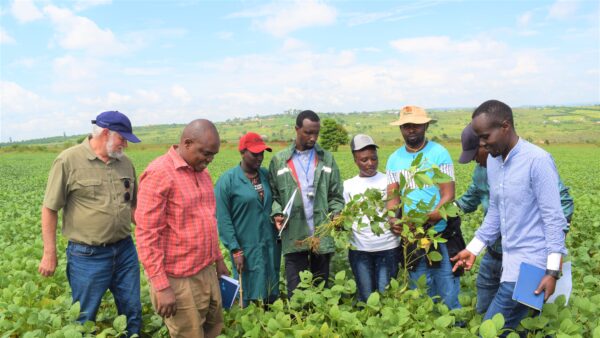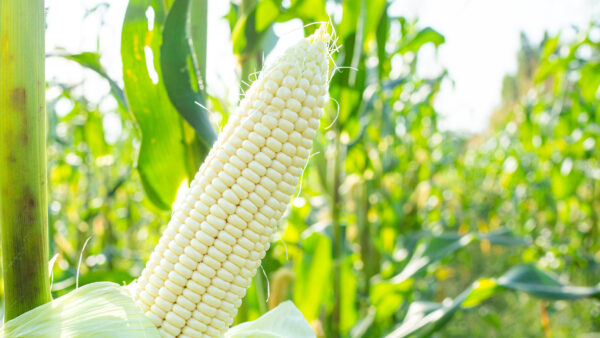At the FAO Global Conference on Green Development of Seed Industries (November 2021), the International Seed Federation (ISF) called for collaboration between the private and public sectors towards sustainable agriculture based on seed resilience and enabling seed choice for farmers.
The conference was organized by the FAO to create a venue for focused dialogues on advanced technologies, genetic resources conservation, crop variety development, and diverse seed systems. It reflected many of the aspirations of the UN Food Systems Summit, a major yearlong undertaking by the UN in 2021. The ISF views the conference as a positive signal of FAO’s openness to work with all sectors towards achieving the SDGs, many of which are deeply linked to food and agriculture.
In his keynote address, ISF Secretary General Michael Keller started by saying the private seed sector sees itself as a partner to FAO and its motto “‘Fiat Panis‘ — let there be bread”, as seed is a crucial starting point for food security. “Fiat Panis should be a unifying driver for the public and private sectors, farmers, civil society, indigenous people. In complementing each other’s actions, we can succeed together,” he said.
He explained that the seed sector in its diversity of over 8,000 seed companies — family-owned, cooperatives, small, medium-size companies, or multinationals who are active in breeding, producing, and trading hundreds of crops — all share the joint vision of “a world where quality seed is accessible to all, to support sustainable agriculture and food security”.
“I am here to make a call for a unified effort towards seed resilience to ensure the adaptability and capacity to contribute to food and nutrition security by making accessible sufficient, diverse, locally adapted, improved, high quality varieties to all farmers taking into account environmental, health and socio-economic aspects,” he stated. The private seed sector also sought support from the FAO in reshaping the dialogue on seed systems to one that recognizes the diversity of farmer needs and situations.
Keller remarked that the focus should be on interrelation between different seed systems. “Empowering farmers means accepting that there is no one-size-fits-all solution. The situation, needs, and preferences of farmers are extremely varied in terms of size, profitability, and activities in different countries, regions or even smaller geographic areas. There is no silver bullet that will solve everything in one go.”
He explained that the private seed sector, aware of its responsibility as a provider of the first and most critical input in sustainable agriculture production, has always seen the conservation and use of genetic resources as highly critical. “To address the upcoming challenges, we need to ensure the conservation of genetic resources ex-situ and in situ. The access, use, and circulation of genetic resources is an essential driver to achieve the UN Sustainable Development Goals.”
According to Keller, for the private seed sector, innovation is in their DNA and mentioned that continued genetic progress through plant breeding innovation is essential for meeting the challenges of agriculture and food production. “We can look back and see that, over the past 50 years, it was the joint effort between public and private sectors that contributed and drove the yield increases up to 90 per cent in different crops, in order to increase food production to feed an increasing population,” he added.
ISF continued its call for cooperation and partnerships in the areas of genetic resources conservation, plant breeding innovation, and capacity building. Keller emphasized that the seed sector’s capacity to contribute depends on an enabling environment where the international and national regulations are aligned, clear, science-based, risk proportionate and predictable.
The private seed sector representatives who also spoke during the conference came from a diverse range of companies and associations from Africa, Asia, North and South America to emphasize the importance of effective seed systems for successful agricultural transformation, diversification and intensification and inclusive market oriented and thus farmer-focused seed sector to enhance seed choice and secure availability of quality seed for farmers.
Keller called upon governments to join, implement and put in place the relevant systems and well-defined international standards, agreements and guidelines established by various intergovernmental organizations like OECD, ISTA, IPPC, and others on seed quality, varietal identity, certification and seed health, as these have proven beneficial for the agriculture production of the countries who have joined these platforms, by enabling farmers to have access to high quality seed and new plant varieties.












